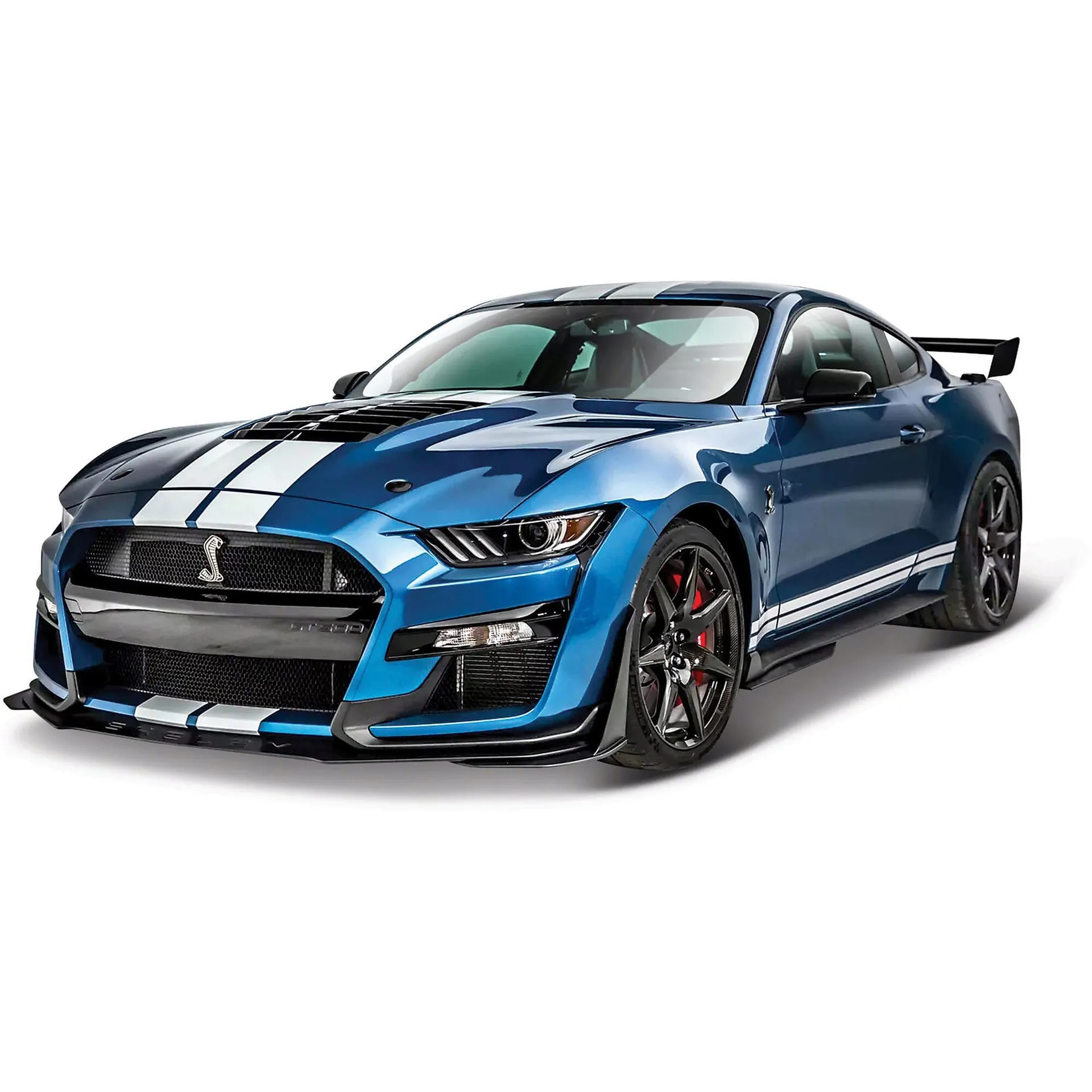Diecast model cars represent a fascinating blend of nostalgia, craftsmanship, and collecting. For enthusiasts, they offer a tangible connection to automotive history and a rewarding hobby. This buying guide provides a comprehensive overview for both newcomers and seasoned collectors looking to navigate the world of diecast cars and secure the best deals. Whether you’re seeking a specific model, starting a collection, or just curious, this guide will help you make informed decisions and enjoy the process of finding and acquiring these miniature marvels.
What are Diecast Model Cars
Diecast model cars are miniature replicas of real-life vehicles, crafted using a die-casting process where molten metal, typically zinc alloy, is injected into molds. The term ‘diecast’ refers to this manufacturing technique, which allows for intricate detail and durable construction. These models come in various scales, from the widely popular 1:18 scale to smaller scales like 1:64, offering collectors a diverse range of options. Diecast cars are prized for their accuracy, detailing, and the ability to replicate the design and features of the original vehicles. Collectors appreciate the realistic paint jobs, interior details, and even functional parts that many models include, making them a captivating hobby.
Types of Diecast Cars
Diecast cars span a broad spectrum, encompassing various types to cater to diverse tastes and interests. These types are often categorized by the vehicle they represent, era, or even specific features. Collectors can specialize in certain types or build a collection that includes different categories.
Scale and Size
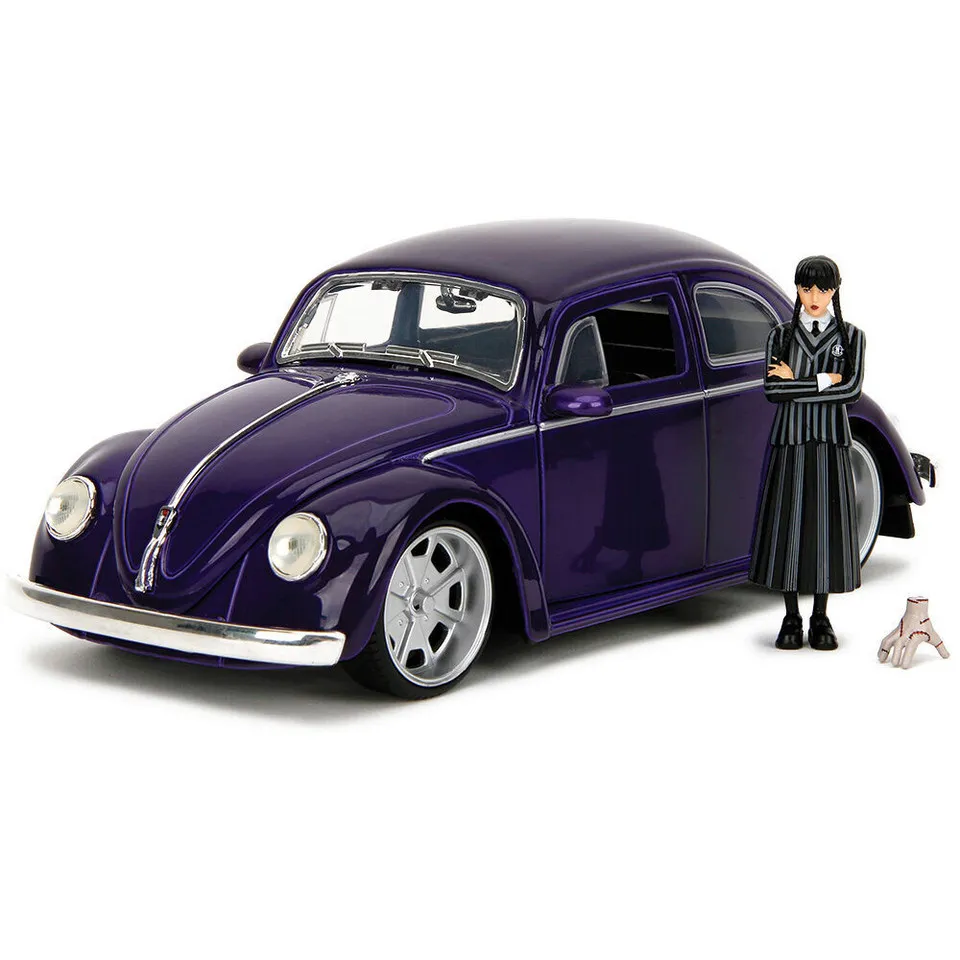
The scale of a diecast car is a crucial factor determining its size relative to the original vehicle. The most common scales include 1:18, 1:24, 1:43, and 1:64. Larger scales (1:18) offer greater detail, making them popular for showcasing intricate features. Smaller scales (1:64) are more affordable and easier to display in larger quantities. The scale determines the model’s overall size and the level of detail possible, influencing both its price and collectibility.
Materials Used
While ‘diecast’ refers to the manufacturing process using metal, the materials used in diecast cars can vary. Zinc alloy is the primary material, providing weight and durability. However, other materials such as plastic, rubber, and sometimes even leather are also employed. Plastic is often used for interior details, tires are made of rubber, and other components. The combination of materials contributes to the overall realism and value of the model car.
Brands and Manufacturers
The diecast car market features a diverse range of brands and manufacturers, each with its own reputation and specialties. Certain brands are known for their high-quality detailing, while others focus on affordability and accessibility. Researching different brands and their strengths is essential for any collector.
Popular Brands
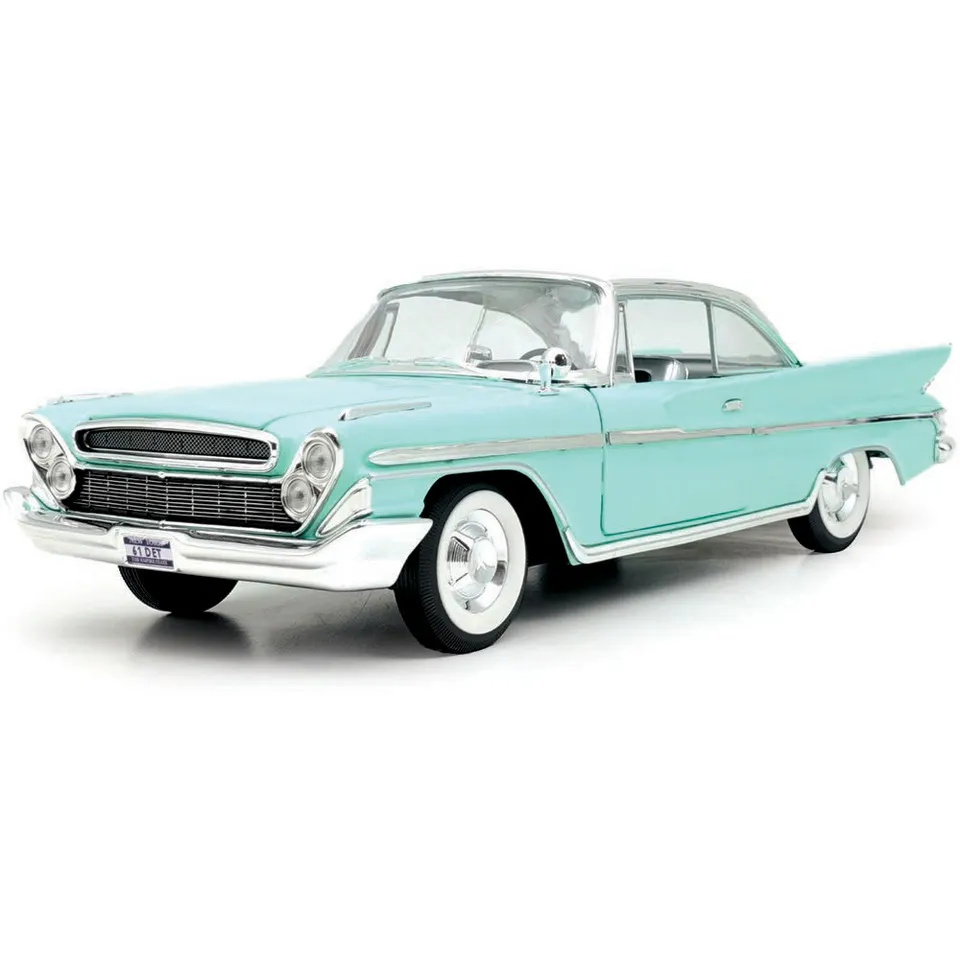
Several brands have earned widespread recognition and a loyal following among diecast car enthusiasts. These brands often excel in specific areas, whether it’s detailed engine replicas, accurate paint finishes, or extensive model selections. Identifying popular brands can help collectors make informed choices and discover models that meet their criteria.
Exclusive Brands
Some brands focus on producing exclusive or limited-edition models, which often command higher prices and are highly sought after by collectors. These brands frequently partner with luxury car manufacturers or offer models with enhanced detailing and features. These exclusive brands cater to a niche market, and their models can significantly increase a collection’s value.
Factors Influencing Diecast Car Prices
Understanding the factors that determine the price of a diecast car is crucial for making informed buying decisions. These factors encompass the model’s rarity, condition, brand reputation, and even the current market trends. By considering these elements, collectors can assess the value of a model and determine whether it represents a good investment.
Rarity and Limited Editions
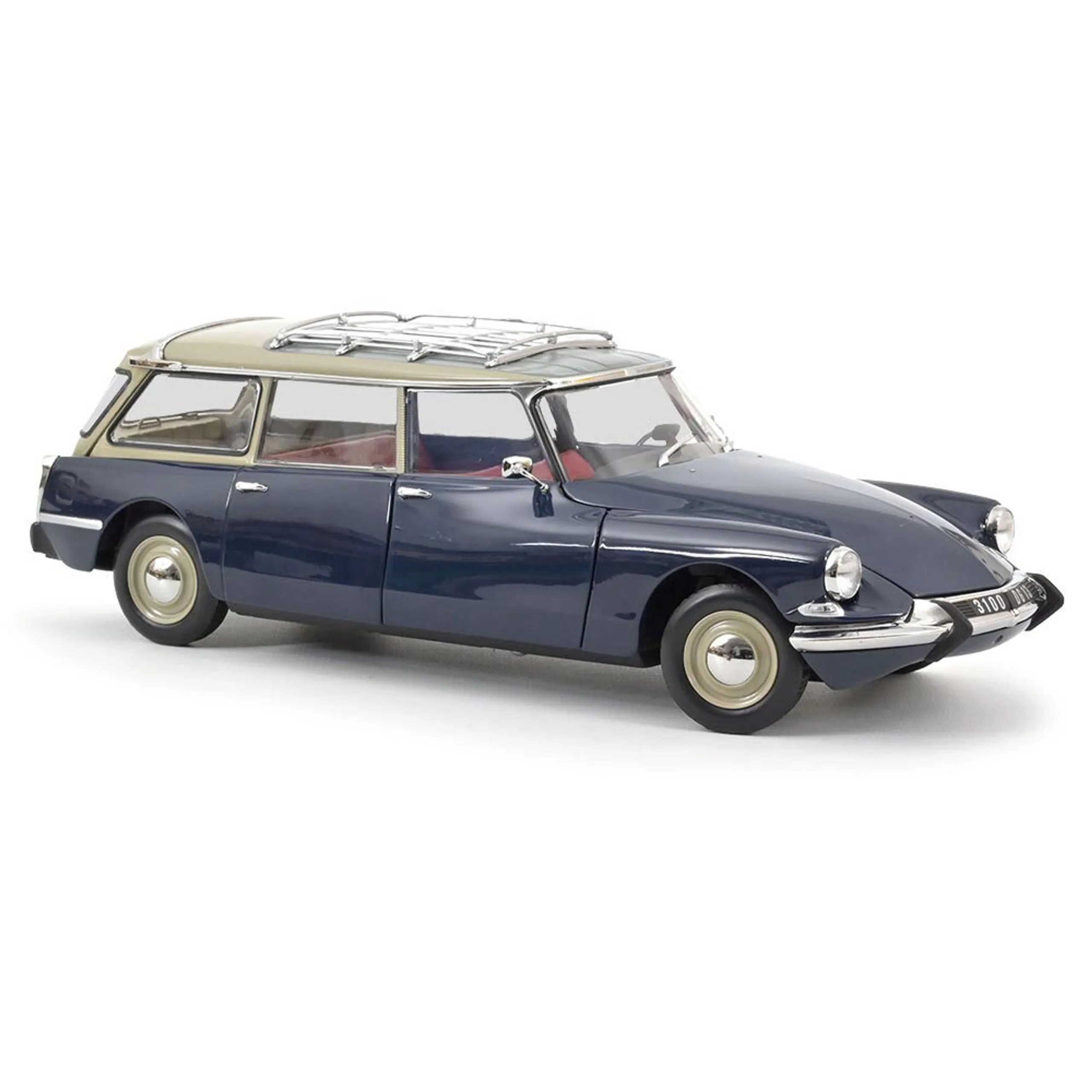
Limited edition models and rare variations significantly impact a diecast car’s value. Models produced in smaller quantities, or those with unique features, often become highly desirable collectibles. Rarity can stem from the model’s production run, the specific paint scheme, or even unique packaging. Collectors often seek out rare models, as their value typically increases over time, making them valuable investments.
Condition of the Model
The condition of a diecast car is a critical factor in its value assessment. Models in mint or near-mint condition, with original packaging, command premium prices. Collectors carefully evaluate a model’s paint quality, the presence of any scratches or damage, and the overall appearance. Properly stored and maintained models in excellent condition are highly prized.
Manufacturer and Brand Reputation
The reputation of the manufacturer or brand directly influences a diecast car’s value. Well-known brands with a reputation for quality, detailing, and accuracy often have models that are highly valued by collectors. Researching a brand’s history, their commitment to quality, and their overall reputation within the collecting community is essential for assessing the investment potential of their models.
Where to Buy Diecast Model Cars
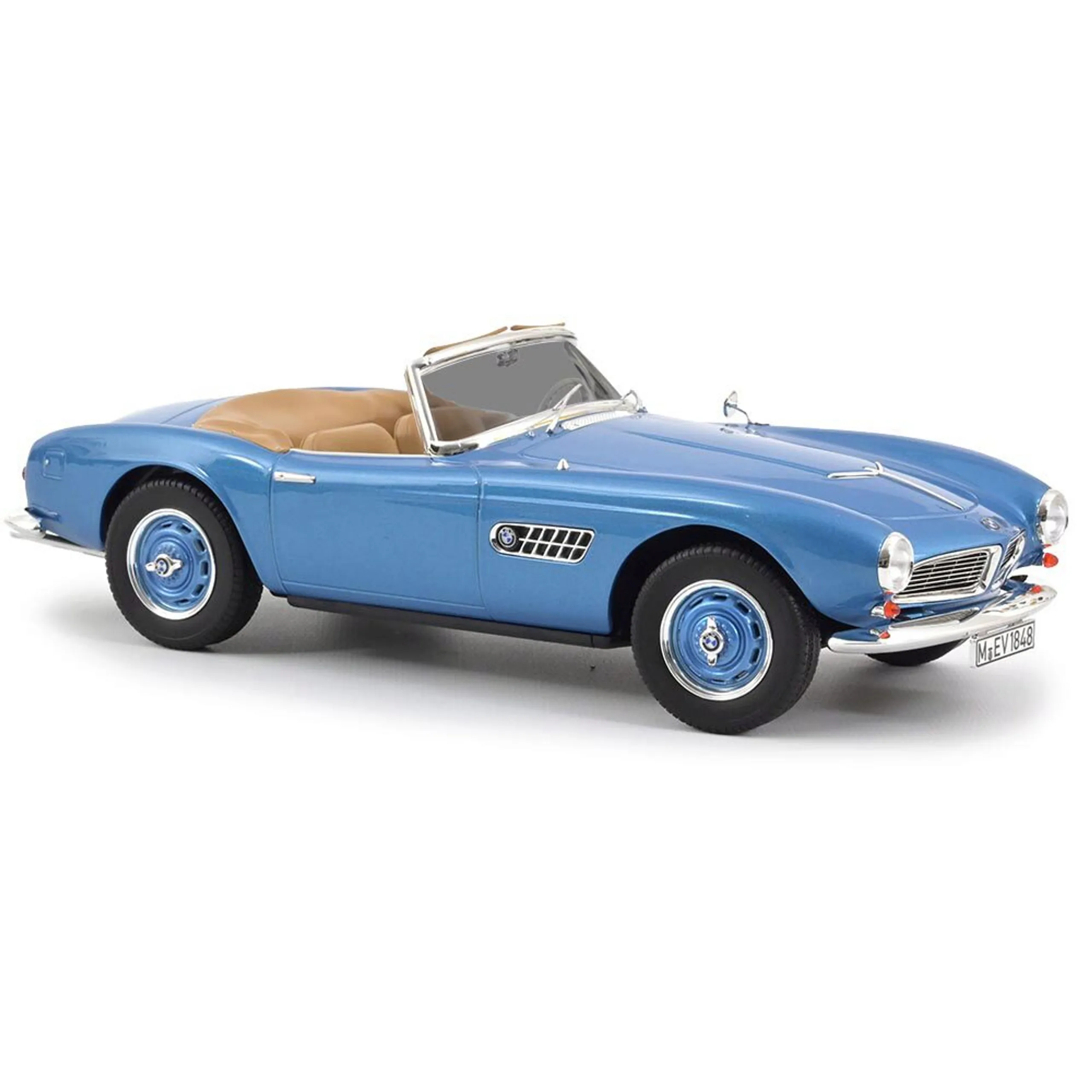
The availability of diecast model cars has expanded significantly over the years, with various avenues for purchasing models, from online marketplaces to specialty shops and auctions. The choice of where to buy depends on individual preferences, budgets, and the models being sought. Understanding the different buying options will assist in finding the best deals and expanding your collection.
Online Marketplaces
Online marketplaces provide a vast selection of diecast cars and are a popular option for collectors. Sites like eBay, Amazon, and specialized diecast platforms offer numerous models from different sellers. Online marketplaces enable price comparison, access to a wider range of models, and the ability to purchase models from anywhere. However, it’s important to exercise caution and verify sellers’ reputations and product descriptions.
Specialty Diecast Shops
Specialty diecast shops, both online and brick-and-mortar, cater specifically to collectors. These shops often offer expert advice, a curated selection of models, and access to rare or exclusive items. Shopping at specialty stores provides an opportunity to handle the models, receive expert guidance, and build relationships with fellow enthusiasts.
Auctions and Events
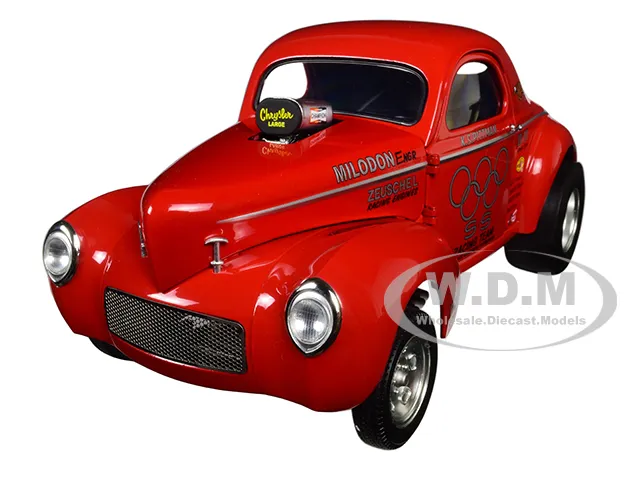
Auctions and collecting events are valuable sources for finding unique and rare diecast cars. Auctions can range from online platforms to in-person events, and they offer the opportunity to acquire valuable models. Collecting events bring together collectors and dealers, providing a chance to browse collections, network, and secure deals. Attending auctions and events can uncover exceptional finds and help grow your collection.
Tips for Finding the Best Deals
Finding the best deals on diecast cars requires a strategic approach. This involves thorough research, comparison shopping, negotiating prices, and recognizing authentic models. By implementing these tips, collectors can maximize their investment and secure the models they desire at fair prices.
Research and Comparison Shopping
Before purchasing a diecast car, research the model’s market value, production history, and potential defects. Compare prices across different sellers, including online marketplaces, specialty shops, and auctions. This approach allows you to identify fair prices, assess potential deals, and avoid overspending. Extensive research allows you to make informed buying decisions and find the best prices.
Negotiating Prices
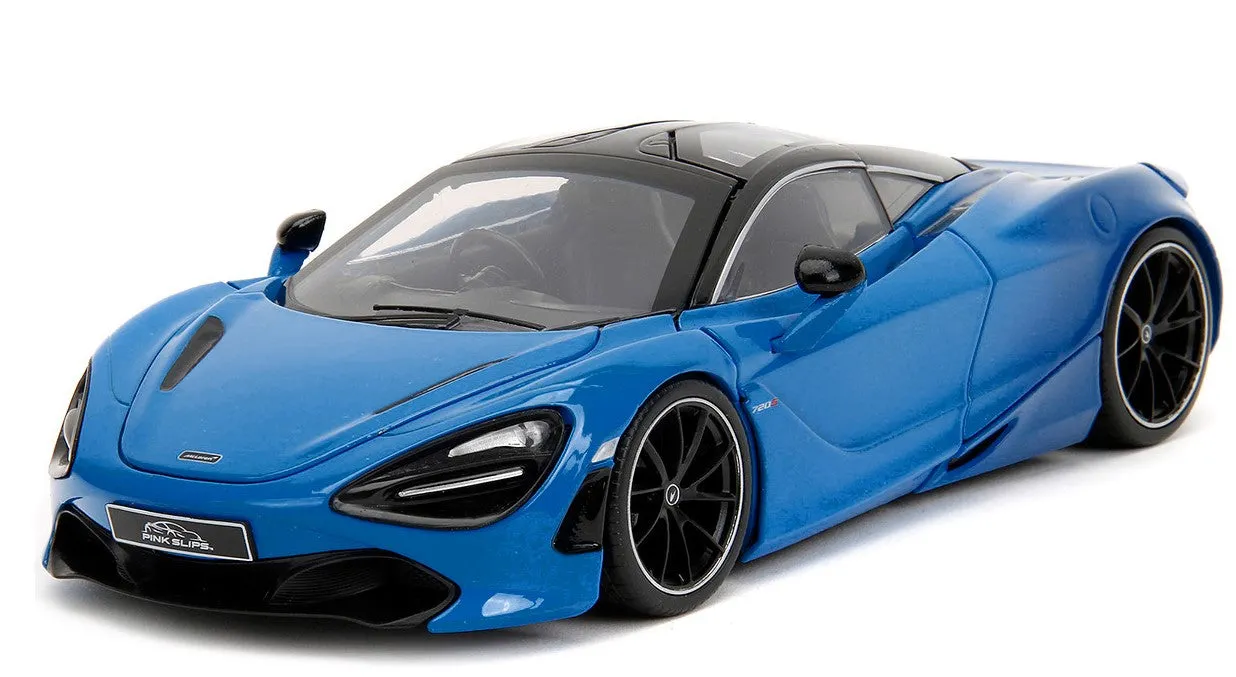
Negotiating prices, where appropriate, can help you secure better deals on diecast cars. If buying from individual sellers or attending events, consider negotiating, especially if you are buying multiple models. Be polite, do your research on the item’s value, and be prepared to walk away if the price isn’t right. A willingness to negotiate can lead to significant savings.
Recognizing Authentic Models
Identifying authentic models is crucial to avoid purchasing fakes or replicas. Examine the model’s details, including paint quality, interior features, and the accuracy of markings. Research the manufacturer’s details, product listings, and packaging. Purchasing from reputable sources and verifying the model’s authenticity will protect you from acquiring counterfeit items and safeguard the value of your collection.
Maintaining and Displaying Your Collection
Proper maintenance and display are essential for preserving the value and enjoyment of your diecast car collection. Whether you are a seasoned collector or just starting, taking steps to keep them in good condition and display them effectively is crucial.
The world of diecast model cars offers a rewarding hobby, combining a passion for collecting with a connection to automotive history. By understanding the types of models available, the factors influencing prices, where to buy, and how to find the best deals, enthusiasts can build a collection that reflects their interests and provides lasting enjoyment. The journey of diecast car collecting is an exciting one, promising hours of enjoyment for years to come.
